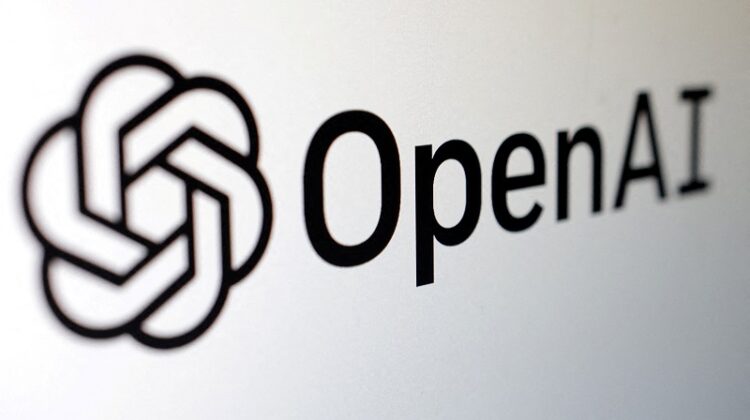
This week, we’re tearing open the curtain to reveal the juiciest updates in law, AI, and business – think massive deal announcements, AI superstars, and courtroom clashes that will keep you on the edge of your seat.
We’ve got the best parts highlighted just for you – let’s take a look.
- Court dismisses lawsuit against Elon Musk regarding Twitter severance pay.
- Microsoft steps down from OpenAI board amid antitrust scrutiny.
- Duolingo acquires animation studio Hobbes in an “acqui-hire” deal.
Elon Musk’s Legal Win, Microsoft Exits OpenAI, Duolingo’s New Deal
Court Ruling Favors Elon Musk
To start off, co-host Kirsten Korosec discussed a recent court decision that brought some relief for Elon Musk.
Earlier this week, a lawsuit filed by Twitter’s former head of people experience and another ex-manager was dismissed. They claimed that Musk’s company, X Corp., paid the employees who were fired after his 2022 Twitter takeover less severance than promised.
Don’t count Musk out yet – he has a hefty legal to-do list, even with this recent win. Musk still faces another significant lawsuit from former Twitter CEO Parag Agrawal and three other executives seeking $128 million in severance payments from X Corp.
Microsoft Steps Back from OpenAI Board
Next, Rebecca Szkutak delved into Microsoft’s unexpected decision to relinquish its observer seat on OpenAI’s board. This means OpenAI will no longer host board observers.
Microsoft stated that it has seen enough progress at OpenAI and feels confident in the company’s direction. As regulators turn up the heat on Big Tech’s dominant position in AI, the Equity team sees this move as a potential countermeasure – an effort to demonstrate that these tech giants are willing to play nice with their startup peers.
Duolingo Acquires Animation Studio Hobbes
Becca Szkutak also shared news about Duolingo’s latest acquisition. The language learning platform has acquired Detroit’s own Hobbes, a genius animation and motion design studio.
Duolingo Music is just one of the many innovative offspring of Duolingo’s long-standing collaboration with Hobbes. The recent acquisition of Hobbes by Duolingo labeled an “acqui-hire”, hints that Hobbes might have been struggling to stay afloat financially and needed a helping hand.
Bigger companies are apt to snap up AI startups they’re already familiar with, and the Equity team thinks we’ll see more of this in the future.
Unseen Capital’s New Chapter
Rebecca also discussed the story of Unseen Capital, a venture capital firm founded by Kayode Owens, who passed away in 2021 after raising $30 million. Unseen Capital exists to lift fledgling healthcare companies founded by individuals who often get pushed to the fringes – but shouldn’t be.
Following Owens’ death, pharmaceutical giant Eli Lilly, one of Unseen’s limited partners, facilitated a deal for Seae Ventures to acquire Unseen Capital.
As Seae Ventures buys in, Eli Lilly’s investment in Unseen gets a boost, a natural fit given both parties’ drive to mix up the venture capital landscape.
Trends in Deep Tech Funding
The Equity team also reviewed a recent article on deep tech funding. According to a survey of 30 deep tech venture capitalists across eight countries, highly technical CEOs can raise larger funding rounds.
The survey found that pre-seed and Series A funding rounds for deep tech hardware were larger in 2023 than in 2022.
This technical CEO survey has a bright outlook, but the Equity team flags some gaps in the data. But can these findings be replicated in North America, where the culture and demographics may vastly differ from Europe, where the survey took place? The survey’s focus on funding rounds up to Series A naturally raises questions about what happens next – do these trends hold steady in later rounds?
As more investors take a shine to deep tech, funds dedicated to this area are sprouting up left and right, and that’s likely contributing to the trends we’re witnessing.
Join our newsletter community and get the latest AI and Tech updates before it’s too late!

Leave a Reply